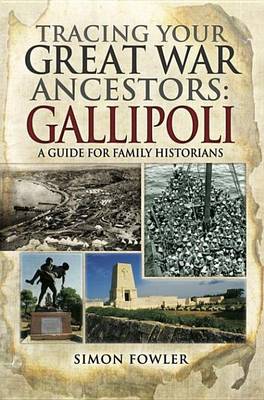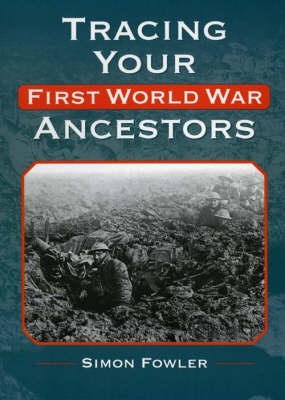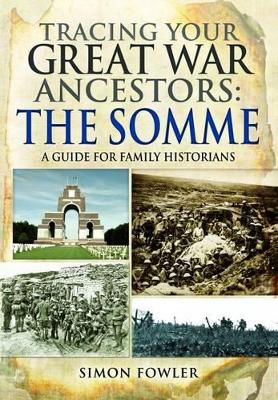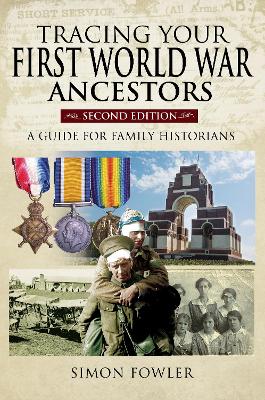Tracing Your Ancestors
9 total works
There is also advice on the literature, archives, museums and monuments that may help you to gain an insight into your ancestor's story.
Simon Fowler is a leading authority on military and family history and a prolific writer on these subjects. He once edited the National Archives' family history magazine Ancestors. For nearly 20 years he was an archivist at the Public Record Office (now The National Archives). As well as publishing many articles in magazines and journals, he has written several well-known books on military and family history, including: Tracing Your Army Ancestors, A Guide to Military Historyon the Internet and Tracing Your Ancestors. He is also a professional researcher - find out more at www.history-man.co.uk.
This guide offers a simple, yet comprehensive, guide to researching the men and women from Britain - and its dominions and colonies - who took part in the First World War either at the front or at home
It is an accessible, up-to-date and expert introduction to get you on your way and to answer those questions you might come across during your researches.
In a straightforward, easy-to-follow style the book introduces readers to the multitude of sources they can use to explore the history of the First World War for themselves.
In a series of short, instructive chapters the book takes the reader through the process of researching ancestors who served during the First World War providing short cuts and background information as required.
The book covers the key sources, including the National Archives and the many online sites that researchers can turn to. It also covers records of casualties, munitions workers, conscientious objectors and service personnel from the British Dominions.




